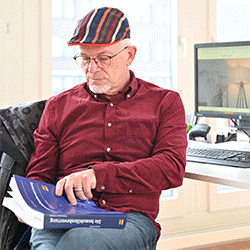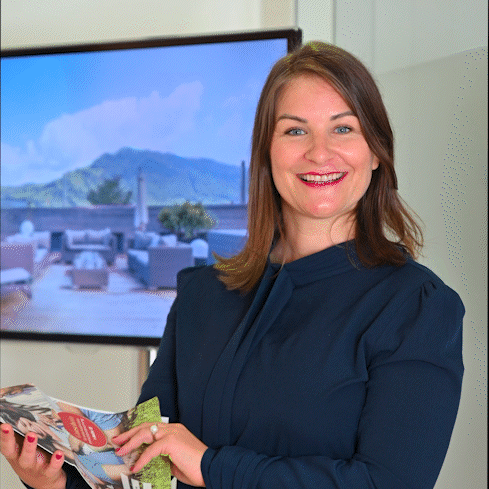Basically, anyone who wants to sell or rent out a house or flat needs an energy certificate. If the energy certificate is missing at the time of viewing or if the requirements of the legislator are violated, fines of up to 15,000 euros may be imposed. That is why you should pay attention to a few things when it comes to the energy certificate.
After careful consideration, you have decided to give up your own home and enjoy a carefree retirement in a domicile suitable for old age? Especially if you are selling your house or flat on your own, there is one thing you must consider in due time: An energy certificate is mandatory, otherwise there is a risk of heavy fines. It is advisable to take advantage of comprehensive advice.
The energy certificate documents the energy standard of a house, i.e. how much energy the house consumes. This is shown in simplified form using the energy efficiency classes. The scale ranges from class A+, a very good consumption value, to class H, which indicates very high energy consumption. There is also general information about the building, such as the year of construction of the house and the type of heating, for example oil or gas.
There are two types of energy certificates. The demand certificate and the consumption certificate. The difference between a consumption certificate and a demand certificate can be remembered with this little mnemonic: The demand certificate requires a calculation. And one that is not based on consumption values. This is often the case with new building projects. The future energy consumption must be determined in the planning phase by means of a complex calculation. This includes all factors such as the insulation of the outer wall, the energy classes of the windows and the heating technology. But the location of the building and the type of construction also play a role. The theoretical basis of this calculation is always the same, so that energy values of buildings can be compared objectively. Nevertheless, the values should be viewed with caution. Because they do not take into account one's own heating behaviour or the typical energy consumption of a household.
The actual consumption values of a household are always individual and depend on the comfort zone in which the occupants feel comfortable. People who like to take long showers and stay in their homes at a cosy 24 degrees Celsius naturally have a worse energy balance than those consumers who regularly turn off the heating when they leave the house.
The decisive factor is therefore: heating and hot water use. The consumption certificate indicates the energy actually consumed by a house by measuring the real consumption. It is created with the figures for heating and hot water preparation. Both are given in kilowatt hours per year and square metre of usable building area. The basis for the calculation is usually heating cost statements for the last three years. The consumption certificate is not as informative as the demand certificate, but it is cheaper to produce.
When creating it, however, you should pay attention to who creates it. There are many cheap offers on the internet, but you should be careful because the quality is often poor. The safest thing to do is to seek advice. Through their many years of experience, real estate experts know who can issue you with a suitable energy certificate. These are usually qualified and licensed professionals such as architects, engineers, master craftsmen with appropriate additional training or energy consultants. You should pay attention to the independence of the consultants. You can find lists of independent and qualified experts at the Federal Office of Export Control (BAFA), the KfW Bankengruppe or the German Energy Agency (dena).
Do you have questions about the energy certificate? Let our experts advise you.
Photo: JFsPic









